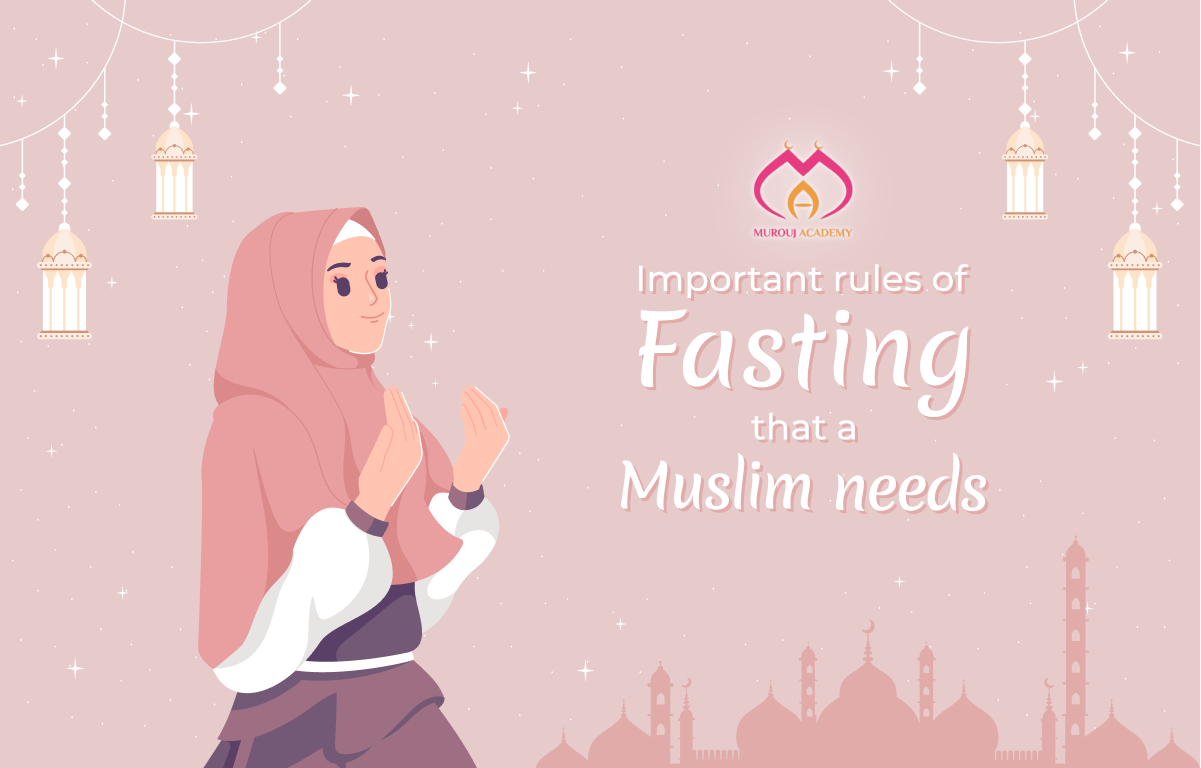In Islam, there is a difference between the obligation of sufficiency and the individual obligation. The first means that it is not obligatory for all Muslims and it is sufficient for a group of Muslims to perform it. As for the second, it is obligatory for every Muslim. For example, returning the greeting is a communal obligation, meaning that if a Muslim enters a group and gives the Islamic greeting, it is sufficient for them that one of them respond to the greeting, otherwise they all sin. But fasting is obligatory for every Muslim, and the fast of one person is not sufficient for another.
Therefore, learning the basic Fiqh rulings related to Ramadan fasting is an individual obligation for every Muslim to perform the obligatory fast properly. In this article we review the most important rules and without addressing the detailed differences of scholars, we only mention the agreed opinions on each issue.
Eating or drinking forgetfully does not break the fast
During the day in Ramadan, eating or drinking forgetting that you are fasting does not invalidate your fast. Rather, you abstain when you remember and continue your fast normally.
It was narrated from Abu Hurairah that the Messenger of Allah (ﷺ) said:
“Whoever eats out of forgetfulness while fasting, let him complete his fast, for it is Allah Who has fed him and given him to drink.”
Menstruating women do not fast or pray
This is necessarily known from the religion, but it may be hidden from some of the new Muslims or those who did not receive sufficient religious knowledge from their families. It is important to point out that a menstruating woman must make up for fasting, but she does not make up for prayers. The days that she breaks her fast in Ramadan must be fasted after the end of the month.
Narrated Abu Sa`id:
The Prophet (ﷺ) said, “Isn’t it true that a woman does not pray and does not fast on menstruating? And that is the defect (a loss) in her religion.”
Likewise, postpartum women are not permitted to fast, but rather make up for it after the end of postpartum bleeding.
A woman must differentiate between her menstrual or postpartum bleeding and others, so that she can perform her obligations without error. There is a shorter period and a maximum period for menstruation, as well as postpartum bleeding, which makes a distinction possible with regard to the validity of fasting and its qadha.
The traveler can stop fasting, but it is desirable for him
The Prophet, peace be upon him, urged us to worship God Almighty with what He made easy for us, such as breaking the fast when traveling due to the possibility of hardship in it. Yes, the traveler can fast if he knows of his own ability or the short distance or ease of travel, but if he breaks his fast, he is not sinning, but he may be rewarded.
Jabir said that in the course of a journey God’s messenger saw a crowd and a man who had been put in the shade. On asking the reason and being told that he was fasting he said, “Fasting while on a journey is not a part of righteousness.”
Imam Al-Qurtubi stated that whoever intends to travel during Ramadan on the morning of his day should not intend to break the fast until he actually travels. He may be exposed to something that prevents him from traveling.
Fasting is not obligatory for one who fears that he will perish
Fasting is not obligatory for the sick or the elderly who may be harmed by fasting, but he must pay expiation for each day he breaks his fast if he is sick with a disease from which there is no hope of recovery, or if he breaks his fast because of old age.
The expiation for not fasting for each day in this case is to feed a poor person with the average food that a person usually eats. As for the patient whose recovery is hoped for, or the pregnant or breastfeeding woman, when they break their fast, according to the doctor’s opinion, or because they fear for themselves or their children, they make up the fast at the end of the excuse that allowed them to leave it.
Intercourse invalidates the fast
Ejaculation because of masturbation also invalidates the fast.
Ibn ‘Abd al-Barr (may Allah have mercy on him) said:
I do not know of any (scholar) who granted a concession allowing the fasting person to kiss (his wife) except he stipulated that he should be certain that he is safe from what that leads to; the one who knows that it will lead to that which will invalidate his fast must avoid it.
End quote from al-Istidhkaar, 3/296.
And we must be careful in this matter because God has made the atonement for it great as a result of negligence in self-preservation at the time of fasting.
Whoever has intercourse with his wife during Ramadan must repent to God, may God bless him and grant him peace, and he must expiate, and the expiation is: freeing a believing slave. Ramadan, and if he is unable to fast and feed, that is waived from him due to his poverty and the severity of his need.
Ramadan teaches us in general to discipline ourselves, so that what is permissible becomes forbidden for a few days, then the Eid comes, so we rejoice in our fasting and our worship, and all that is permissible is pleasing to us again. Therefore, the Muslim must adhere to the commands of God Almighty and not surrender to himself leading to evil.





